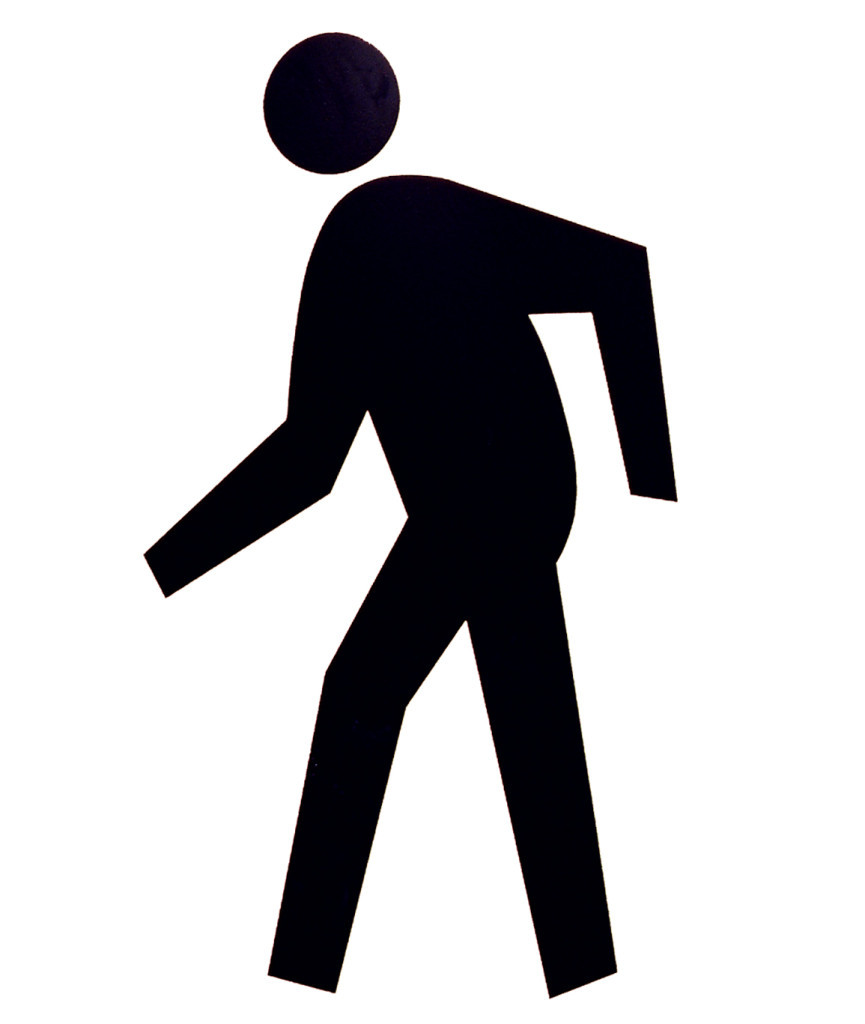
The lack of youth participation in politics
By Dylan Hackett, News Editor
The weekend before last, I attended the BCNDP nomination meeting for my home riding of Coquitlam-Burke Mountain to vote who best to fly the orange flag against the BC Liberal incumbent come May. Besides a handful of preteens dragged away from their Nintendo Wii consoles by their campaign badge-adorned parents, my buddy and I were handily the youngest attendees at the tender age of 21. In a riding with a median age of 38 (attendees’ average age, at best guess, being a half-decade and change older) and home to Dougie’s David Lam campus, we appeared to be the only students. Given that D.O.A. legend Joe “Shithead” Keithley was running in the meeting, you would expect a few suburban punks in attendance as a tribute to his riffs, right? Apparently my riding is about as punk as Lil’ Wayne in crust pants.
While this electoral meeting was by no means a sample group (only 0.02 per cent of the total riding was in attendance) it was unsettling to witness the severe lack of concern from young people in the riding.
Young Canadians suffer from a crippling political illiteracy, disengagement, and inertness. Last provincial election, half a million members of the electorate under 34 ignored the polling stations for the shelter of shopping malls and reality TV, or figured democracy shouldn’t cut into their Facebook time.
Even of those registered via the successful DSU chapter of the BC Rock the Vote campaign, few seemed to possess passable political literacy or understanding of issues beyond their own short-term finances. Mulling through pictures of participants in the campaign, you’ll see an endless array of students holding up dry-erase boards touting their disdain for tuition fee rates—an obviously relevant concern, but even accounting for the sample bias you would encounter by holding such a campaign in a college concourse, not a wide variety of concerns are being aired. Heck, some are holding up signs saying they’re voting because of “rainbows and unicorns” or “Vancity,” but if you entice democratic participation with Canucks tickets, you have to account for some piss-takes.
I can somewhat sympathize with abstaining voters—it hurts knowing that some backbench MLA, upon completing two terms, will earn an $80,000 pension for warming the seat of the legislature for a few months a year in Victoria. Cynicism to politics is a healthy and necessary part of being a democratic citizen, especially in a province once helmed by the HST flip-flop fraud Gordon Campbell, proud bearer of a 2010 approval rating of nine per cent—but there isn’t cause to believe that cynicism alone is the cause of dismal youth voter turnout. Think of half the student-age people you know: imagine how many of them didn’t vote because of their raging Chomskyism or democratic disillusionment—probably not too many. Cynicism should not overrule the exercise of the few democratic decisions you can make.
Half-assed, but often earnest, attempts at political engagement routinely poke through onto my humble Facebook feed, often taking the form of some mildly left-wing captioned image liked by a recurring five-or-so friends that espouse the same political views as them. Often sourced from Reddit earlier that day, or shared via some past-due “like page” titled #sadface no Harper lol, shit like this amounts to amateur circle-jerk clicktivism, a term coined by Adbusters Editor-At-Large, Micah White, to describe a trending iteration of passive Internet activism.
White sums up clicktivism as “calls to action that are easy, insignificant, and impotent. Their sole campaign objective is to inflate participation percentages, not to overthrow the status quo. In the end, social change is marketed like a brand of toilet paper.” Cha-cha-cha… #shitharperdid.
You don’t have to become a door-knocker or pamphleteer, or attend party meetings to be involved in the democratic process. Pick up a newspaper, Google candidates, parties, and issues, and make a decision on May 14. You’re paying for this democracy, after all.
